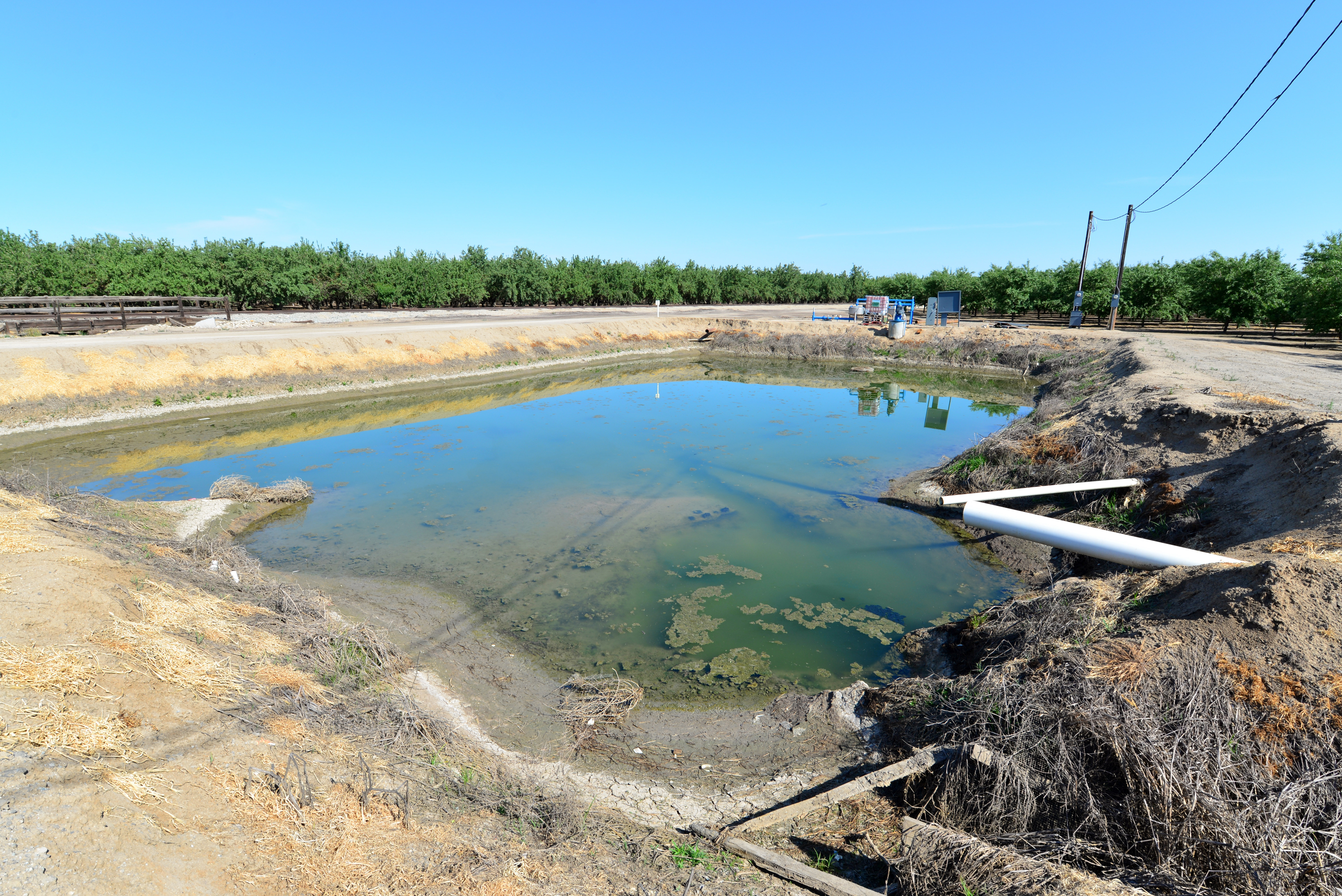The Interconnected World

Studio Romantic / Shutterstock
Let’s explore how systems thinking provides a powerful perspective and set of tools to address complex and interconnected problems, from the ecological crisis to social inequalities, by understanding the relationships among a system's parts and looking beyond quick fixes.
Try It
What are some examples of interconnected systems that affect your daily life? Consider the following:
- Who you communicate with and why.
- Where you commute to and how you get there.
- The food you eat.
- The people you help.
Please use the following space to jot some notes in response to the points above:
We live in a web of interconnected systems - from our body function to the acceleration of melting sea ice. But how well do we really understand these systems? Why do some of these problems seem impossible to change? What are the best “solutions” to complex problems in an interconnected world?
Systems thinking offers a powerful perspective, a specialised language, and a set of tools to help you address the most perplexing problems in your everyday life and work. It is a way of understanding the relationships among a system's parts, rather than each part in isolation.
Growing interconnectivity and technological advances have brought many benefits, but they also have unintended consequences that have brought us to the brink of an existential social and ecological crisis. While these consequences touch all of us (climate change, for example), they do so unjustly. If the COVID-19 pandemic has shown us anything, it is just how deeply rooted inequalities are in our systems and how they harm us all. This is why it is crucial to understand how we have come to this point as we teach and learn about social, economic, political and environmental issues.
This interconnectivity makes it challenging to understand, let alone solve, many problems today. Our ways of thinking and problem solving have not adapted to properly address new realities. We still think about problems in linear, mechanistic, reductionist and human-centric ways, solving each piece separately. However, we now require new ways of approaching problems. Systems Thinking is a language, a mindset and a set of tools that help us do just that. When we look at the world through a systems mindset, we see how everything is related. One problem connects to another, which connects to another, in a way that solving one might make another worse.
Try It

Richard Thornton / Shutterstock
Imagine a scenario where there is a water shortage in a community. A quick fix might be to drill new wells, which might work temporarily, but could lower the water table and cause even greater water shortages in the future without a fuller understanding of the changing nature of the water cycle.
Take a moment now to remember that this situation is not just a hypothetical. Anyone who has been tracking the droughts in California can see the effects of this kind of decision-making over time. If you like, you can check California’s current groundwater levels for a real-time update.
Now, look around you and reflect. What economic, ecological, and social problems do you care about? You can probably think of many more. This is why we need systems thinking.